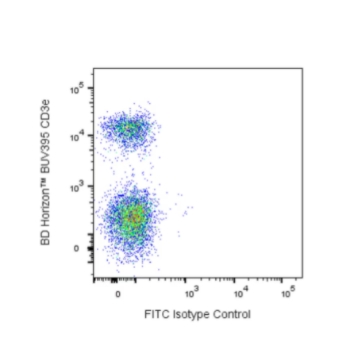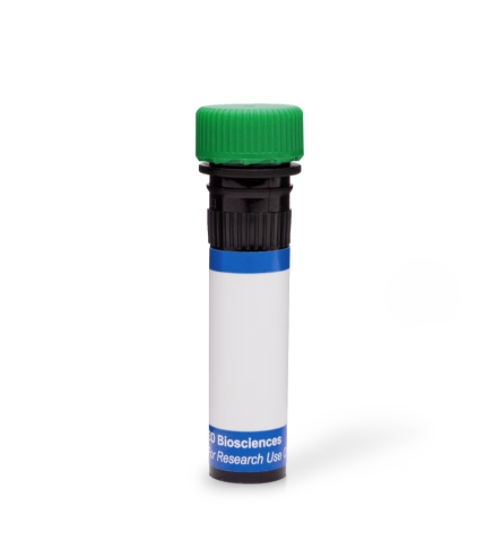商家描述
产品评价(0)
The RA3-6B2 monoclonal antibody specifically binds to an epitope on the extracellular domain of the transmembrane CD45 glycoprotein which is dependent upon the expression of exon A and specific carbohydrate residues. It is expressed on B lymphocytes at all stages from pro-B through mature and activated B cell, but it is decreased on plasma cells and a subset of memory B cells. The levels of CD45R expression on the B-cell lineage appear to be developmentally regulated. It is also reportedly found on the abnormal T cells involved in the lymphadenopathy of lpr/lpr and gld/gld mutant mice, on lytically active subsets of lymphokine-activated killer cells (NK cells and non-MHC-restricted CTL), on apoptotic T lymphocytes of mice injected with bacterial superantigen, on a population of NK-cell precursors in the bone marrow, and on B-lymphocyte, T-lymphocyte, and macrophage progenitors in fetal liver. The CD45R antigen has been reported not to be on hematopoietic stem cells, naive T lymphocytes, or MHC-restricted CTL. CD45 is a member of the Protein Tyrosine Phosphatase (PTP) family: Its intracellular (COOH-terminal) region contains two PTP catalytic domains, and the extracellular region is highly variable due to alternative splicing of exons 4, 5, and 6 (designated A, B, and C, respectively), plus differing levels of glycosylation. The CD45 isoforms detected in the mouse are cell type-, maturation, and activation state-specific. The CD45 isoforms play complex roles in T-cell and B-cell antigen receptor signal transduction. CD45R is commonly used as a pan B-cell marker; however, CD19 expression, detectable by the rat anti-mouse CD19 antibody (clone 1D3), is reported to be more restricted to the B-cell lineage. The rat anti-mouse CD45R antibody (clone RA3-6B2) has been reported to enhance isotype switching during in vitro B-cell responses and to inhibit in vivo B-cell responses. Cross-reaction of the RA3-6B2 clone with activated human T lymphocytes has also been reportedly observed.
 会员登录
会员登录.getTime()%>)
 购物车()
购物车()



 成功收藏产品
成功收藏产品